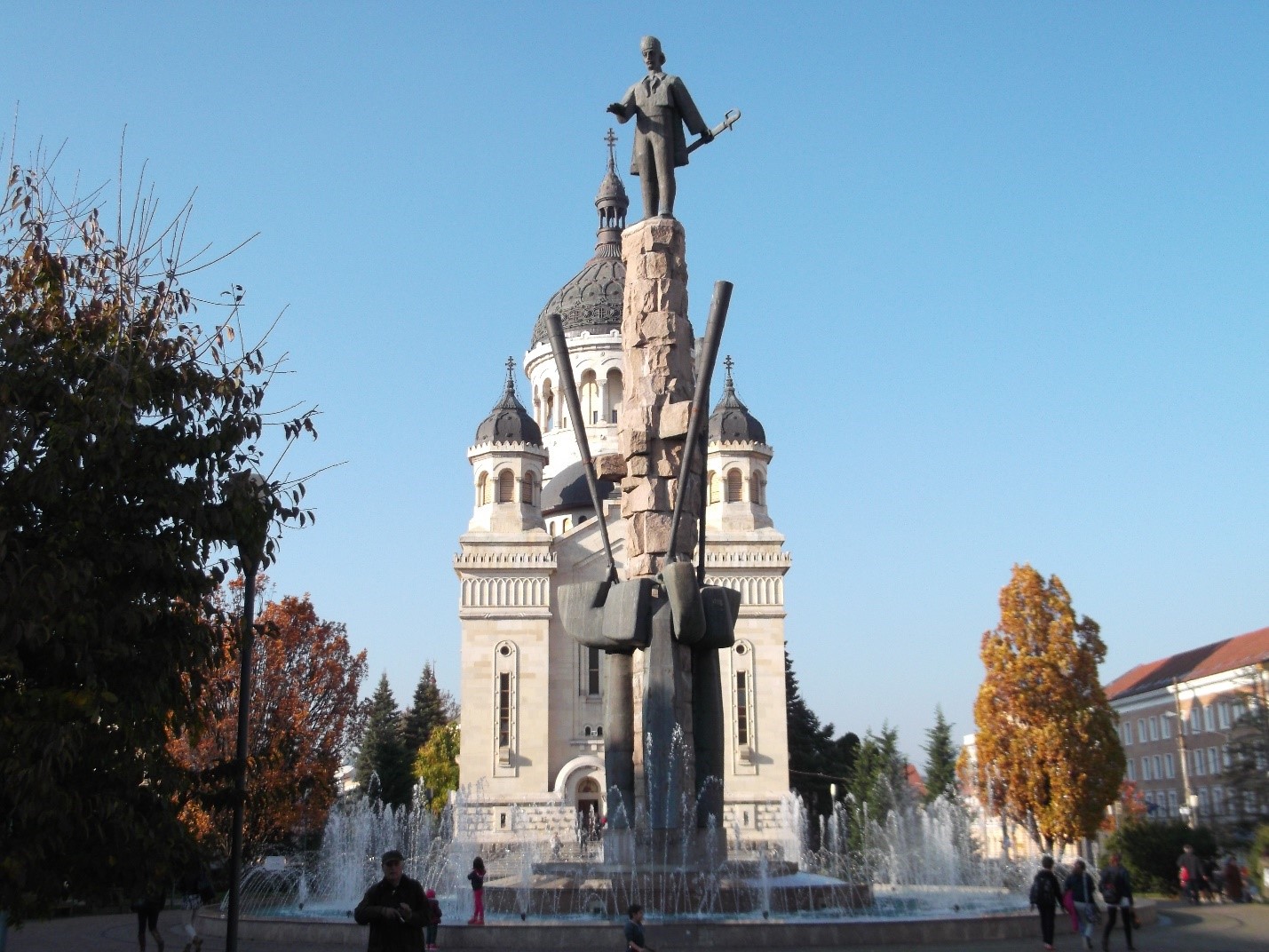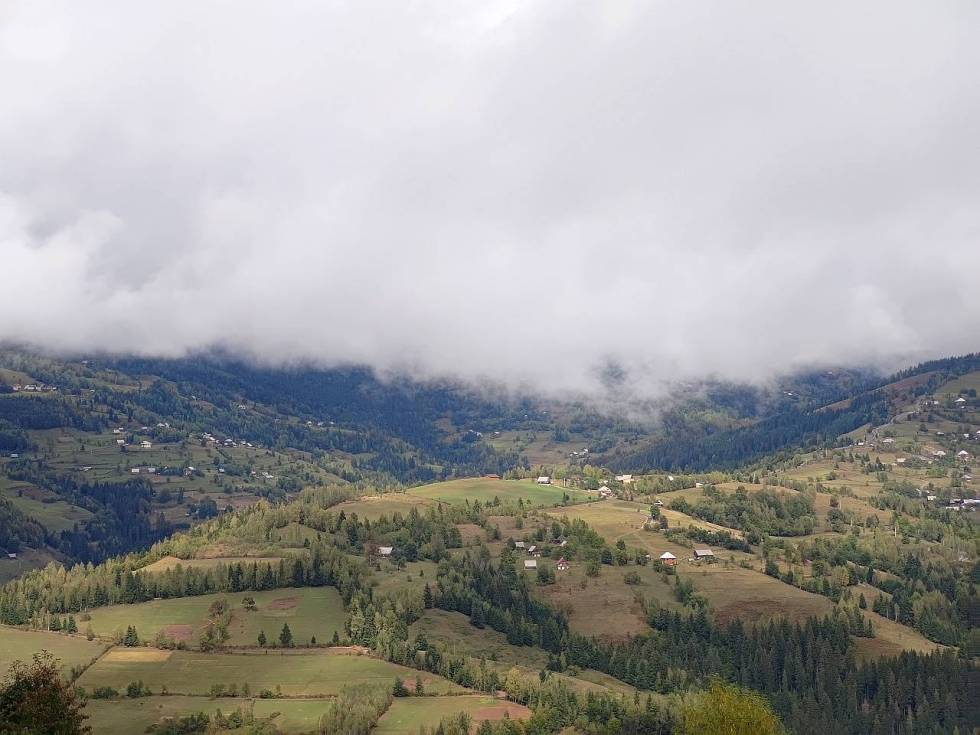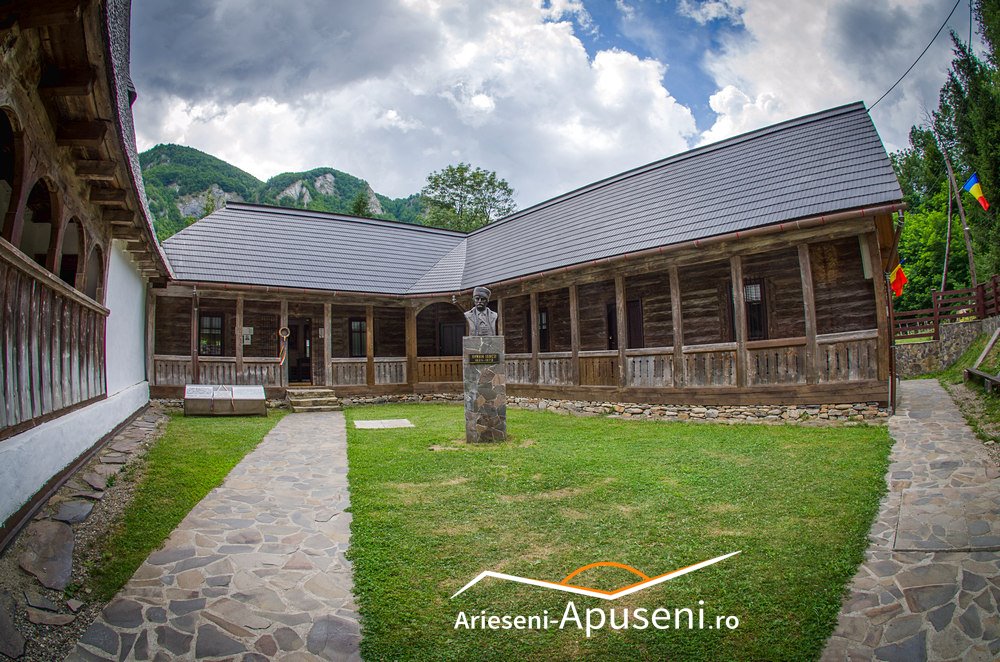
The People's Champion

Avram Iancu (1824-1872) emerged as a pivotal figure in Romanian history during the tumultuous period of the 1848-1849 revolution in Transylvania. As a lawyer by training, he transformed into a military leader who fought for the rights and freedom of the Romanian people.
Known as "Crăișorul Munților" (The Prince of the Mountains), Iancu led the Romanian peasants in their struggle for social and national emancipation, organizing a remarkable defense of the Apuseni Mountains against Hungarian revolutionary forces.
Revolutionary Timeline
Follow the journey of Avram Iancu through the pivotal moments that shaped Romanian history.
Birth
Born in Vidra de Sus (now Avram Iancu), Alba County, to Alexandru and Maria Iancu, free peasants in the Apuseni Mountains. His father was a wealthy forest ranger who ensured young Avram received the best education possible, setting the foundation for his future leadership role.
Academic Beginning
Began studies at the Cluj Law Academy, where he first encountered ideas of national awakening and social justice. During his studies, he formed close relationships with other Romanian intellectuals and became deeply involved in student political discussions about civil rights and national identity.
Legal Career
Graduated from law school and started working as a cancellist (clerk) at the Transylvanian Royal Court in Târgu Mureș. His position gave him firsthand exposure to the systemic inequalities faced by Romanian peasants, fueling his passion for social reform and justice.
Revolutionary Spark
Participated in the initial revolutionary meetings in Cluj, emerging as a key figure among Romanian intellectuals. His powerful oratory skills and deep understanding of peasant rights quickly established him as a natural leader in the growing movement for national liberation.
Blaj Assembly
Played a crucial role in the Great National Assembly at Blaj, where over 40,000 Romanians gathered to demand national rights. His passionate speeches about freedom and equality electrified the crowds, earning him the nickname 'Crăișorul Munților' (The Prince of the Mountains).
Military Leadership
Organized the Romanian military forces in the Apuseni Mountains, establishing a remarkable defense system. His innovative guerrilla warfare tactics and strategic use of mountain terrain proved highly effective, transforming peasant volunteers into a formidable fighting force.
Strategic Defense
Successfully defended the mountain passes and mining towns, coordinating operations with Austrian imperial forces. His brilliant military strategy included establishing a network of signal fires across mountain peaks and organizing local communities into rapid-response defense units.
Revolutionary Peak
Achieved significant military victories, securing control over the entire Apuseni Mountains region. His forces successfully protected Romanian communities while maintaining discipline and order, earning respect from both allies and adversaries for his honorable conduct during warfare.
Post-Revolution
Refused the Austrian Empire's offer of nobility and awards, staying true to his principles and the peasants' cause. This decision reflected his unwavering commitment to social justice and earned him even greater admiration among the Romanian population, though it came at great personal cost.
Final Journey
Passed away in Baia de Criș, leaving behind a legacy of fighting for freedom and social justice. His funeral drew thousands of mourners from across Transylvania, and his last words reportedly expressed hope for the future freedom of his people, cementing his status as a national hero.
Stay Connected with History
Subscribe to our newsletter for updates on historical research, events, and new discoveries about Avram Iancu's legacy.



